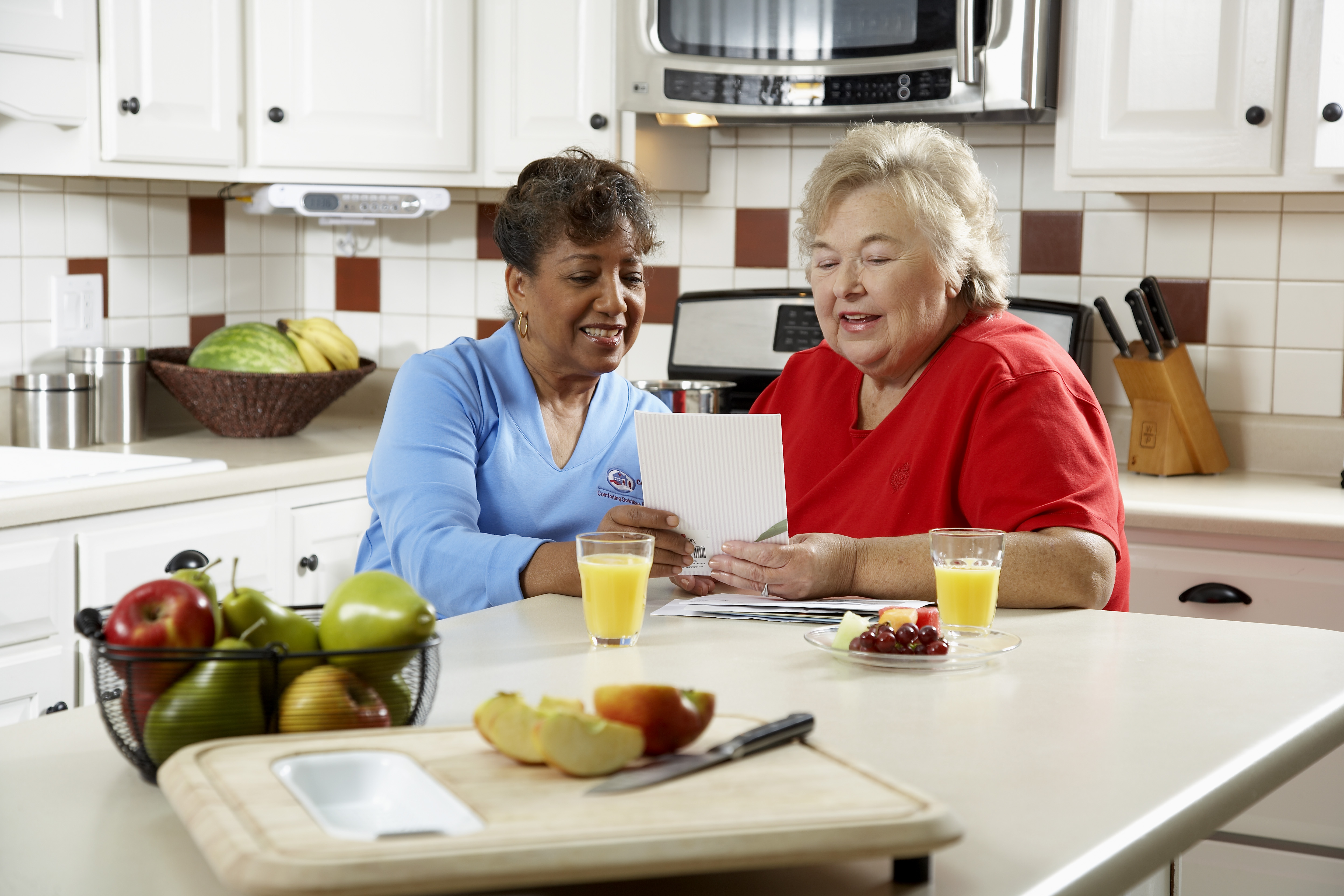More Coronavirus Resources:
Thursday, April 3, 2014

As seniors take more medications, they run an increased risk of harmful drug interactions. They also are at greater risk of nutritional deficiencies that result when medications interact with certain foods or suppress appetite.
Some medications, if not monitored closely, can cause malnutrition in a number of ways:
- Suppressing the sensation of hunger;
- Interfering with the way nutrients, such as fats, proteins and vitamins, are absorbed and digested;
- Altering the senses of taste and smell, thus reducing the pleasure associated with eating
- Causing problems with swallowing.
Seniors and their caregivers need to be aware of these potential problems and work with health care providers to find alternative medications or other solutions to make sure the seniors benefit fully from a balanced diet.
Loss of Appetite
While some drugs suppress appetite, others may increase it. Yet others alter the flavor of food, such as giving it a metallic taste. "Nutrition and Aging: Drug-Nutrient Interactions," an online publication of the Penn State Nutrition and Extension Partnership Project, offers examples of drugs that can affect seniors' appetite and provides other examples of ways medications adversely impact seniors' nutrition.
Absorption of Nutrients
Some medications can bind to nutrients, preventing the nutrients from being properly absorbed and used by the body. For instance, antacids may limit absorption of riboflavin (vitamin B2), copper and iron. Some cholesterol-lowering drugs may affect absorption of carotene; vitamins A, B12, D and K; folic acid; calcium; iron; and zinc. Following are a few other examples -- cited in the Penn State publication -- of the nutritional impact of medications, as well as the effect of food on the efficacy of some medicines:
- High stomach acid content is needed to facilitate absorption of B12, but some anti-ulcer medications decrease stomach acid.
- Antibiotics taken to kill illness-causing bacteria also kill beneficial bacteria that live in the intestines and assist in absorption of some vitamins and minerals.
- Foods rich in vitamin K, such as green leafy vegetables, cauliflower, green tea, pork liver and beef liver, can cause the clo
- t-preventing blood thinner Coumadin to work less efficiently. While on Coumadin, seniors need to keep their vitamin K intake consistent.
Preventing Interactions
The University of Florida's Institute of Food and Agricultural Sciences offers the following advice in the online publication "Food/Drug and Drug/Nutrient Interaction: What You Should Know About Your Medications":
- Carry a list of all medications (prescription, over-the-counter and supplements) and dosing instructions, and share it with all health care providers.
- Remind your doctor about any drug allergies you have.
- Know how and when to take all medications, such as before or after a meal. If you're not sure, ask your doctor or pharmacist.
- Report any side effects from a medication to your doctor or pharmacist immediately.
- Unless otherwise specified, take medication with a full glass of water. This may help prevent stomach irritation and improve absorption. Don't take medications with soft drinks or grapefruit juice.
- Don't stir medication into food or drink unless your doctor or pharmacist tells you to. Certain foods may break down the drug or limit its absorption.
Always read the directions and warning labels on your medication bottles and packages. If you don't understand something, ask your doctor or pharmacist.







